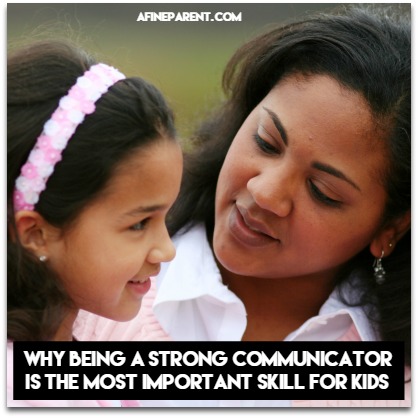 “Let’s build a fort!”
“Let’s build a fort!”
“Yeah! Let’s do it outside in the back yard.”
“No, let’s just stay in here and do with the chairs and pillows.”
“No, come on, let’s go outside and we can use the tree as a base.”
“No, I want to stay inside and we’ll just use pillows. And these blankets.”
“If we are not doing it outside, I’m not building a fort.”
“Fine, I’ll build it without you!”
“Fine, I’ll build my own fort.”
With a heavy dose of tears, yelling, and slamming doors, this is what a Saturday morning sounds like in my house. Not every Saturday morning, but enough to make it clear that we have work to do.
More curious and compassionate communication – asking questions, active listening, working in groups – are key skills for every aspect of our lives – and ever more so in an increasingly complicated, interconnected and diverse world.
They are the tools for living fulfilled lives, for developing lifelong relationships. Employers regularly report that effective communication skills are integral to the success of their organizations – the stuff that makes strong leaders, collaborators, and teams. As my colleague likes to say, “training people to have challenging conversations is really only useful for those of us who have to deal with other people.”